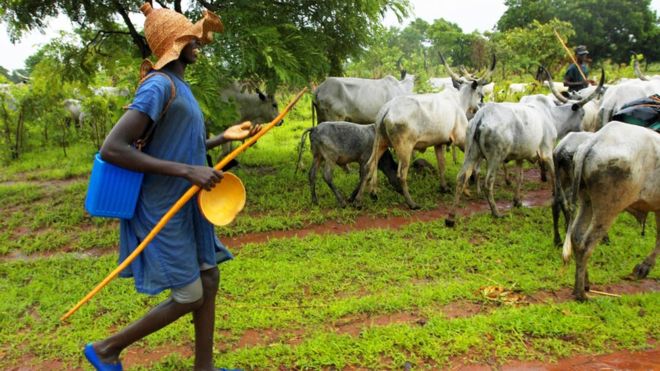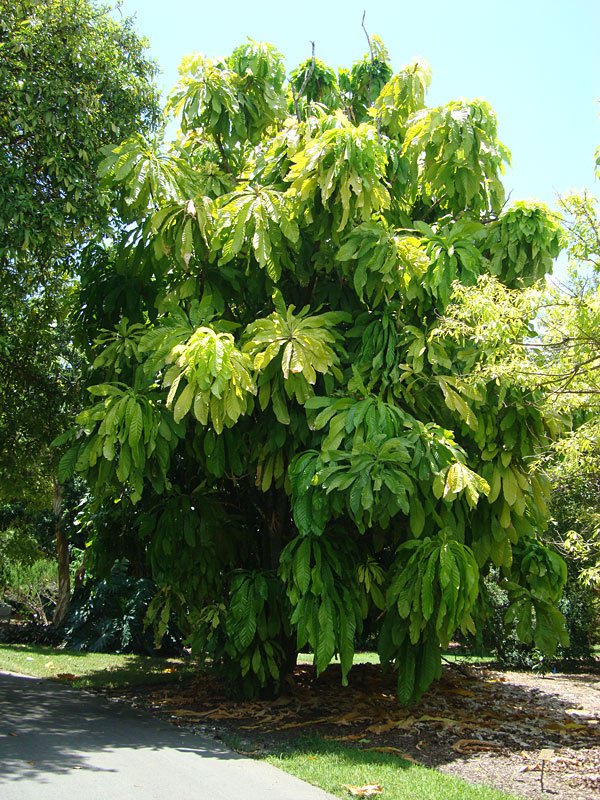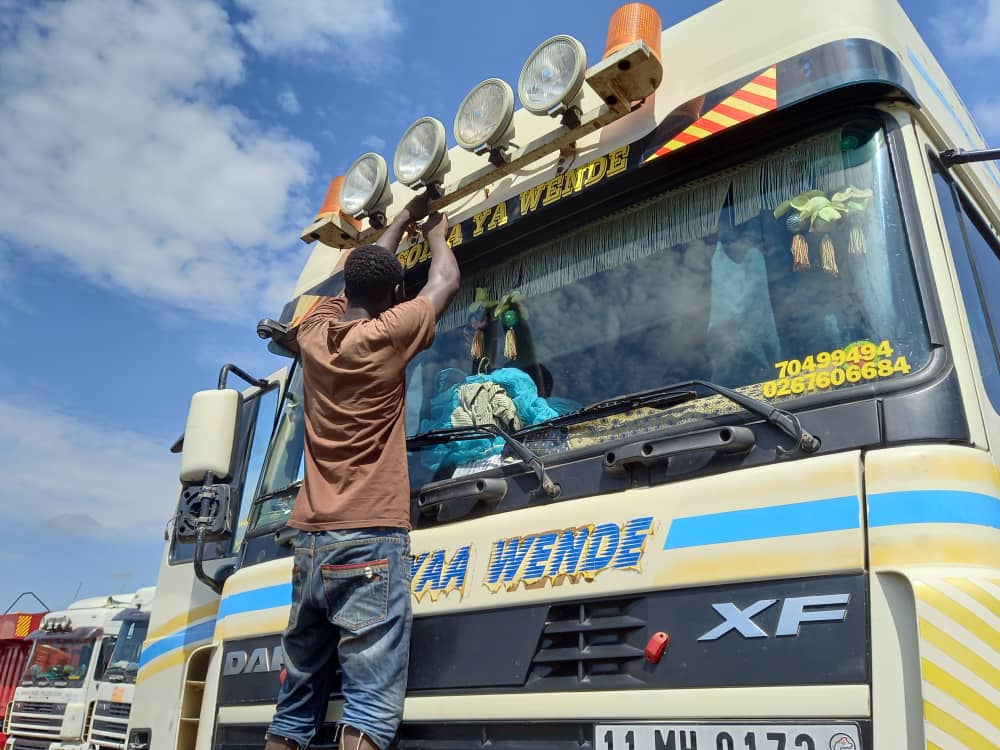Live In Peace With Each Other – Farmers, Nomadic Herdsmen Told

The Northern Regional Minister, Hon Salifu Saeed has appealed to crop farmers and nomadic herdsmen in the country to live in harmony to end Fulani and crop farmers menace.
He said Government is committed to finding a lasting solution to the conflict between Fulani herdsmen and crop farmers in some parts of the country.
The government has created ranches, including veterinary centres in the Afram Plains and the Kwahu areas, for restricted cattle grazing.
He expressed concern about the ineffective management of the menace in the past and has affected the country over the years.
He made the revelation when the Fulani Youth Association, Tabital Pulaaku International Ghana Chapter and Arhmed Barry Foundation paid a courtesy call on him to deliberate on issues affecting the crop farmers and the fulanis (nomadic herdsmen) in the country to promote peace.
Hon Salifu Saeed commended the associations for their initiative to set up, task forces in the affected regions, which is subject government aproval to help arrest and hand over to the Security Agencies for prosecution Fulanis suspected of having committed criminal offences or breached the directives to confine their cattle in “Kraals” or ranches as well as crop farmers seeing fulanis as friends but not enemies.
Meanwhile, Mr Yakubu Musah who is the General Secretary of Tabital Pulaaku international Ghana chapter appealed to the police to desist from attributing every crime to the fulanis because it’s a tribe and not a person so they should mention the person’s name rather than seeing all fulanis as bad people.
He commended President Akufo-Add and the Northern Regional Minister for the constant engagement he had had with the herdsmen and crop farmers, especially at the Agogo farming community in the Ashanti Region, Afram plains in the Eastern Region and other communities in the Volta, Brong Ahafo and Northern Region, since he assumed office as President.
He expressed concern about the loss of lives and properties that had been precipitated by the occurrence and reoccurrence of the conflict between the nomadic herdsmen and the crop farmers in the affected areas. “We do not support these blatantly criminal activities,” he added.
Yakubu Musah said the continued occurrence and reoccurrence of the conflict between the two stakeholders and other crimes that had been associated with Fulani and the Fulani ethnic grouping in the country had portrayed the Fulani in a very negative light, thus making it look like the Fulani community was in conflict with Ghana.
He said media reportage on suspected criminal activities were bias towards the Fulani because even though perpetrators of such crimes were mentioned by their names, those suspected to be Fulanis were mentioned by their tribe instead of their names.
He stated categorically that there were cattle herders in Ashanti, Eastern, Volta, Brong Ahafo and Greater Accra Regions who were Ashantis, Akyem or Kwahu, Ewe, Bonos, Ahafos, and Gas, but when they committed criminal offences, the media reports referred to them as “Fulanis.”
Explaining, he said, crime should be treated as crime and not to be associated with any ethnic group.
He noted that such media reportage had brought a wave of discrimination on Fulanis, adding “we are discriminated even in the areas of access to health, schools, at our work places and acquisition of national identity cards, even though some of these Fulanis were third-generation Ghanaians.
Adding that he was aware the entire nation was extremely anxious and perturbed by the activities of the migrant nomadic herdsmen in the country.
He disclosed that they were rehabilitating the kraals or ranches that were abandoned after the Kufour-led NPP government left office in 2009, adding that they would become operational shortly to provide secure grazing places for cattle. At the same time, he said, efforts were being intensified to find an ECOWAS – wide solution to the issue, which would go beyond the boundaries of Ghana to affect entire West African region.
He assured, the associations would not condone or defend the actions of any miscreant but would exposed them and, also, make available itself for consultations with government and other stakeholders in providing a lasting solution to the recurring nomadic menace.
General Secretary of the Tabilta Pulaaku International Ghana Chapter added that they were more than ready for a constructive dialogue to bring about peaceful co-existence as well as facilitate or work with national law enforcement agencies to investigate and bring to justice wrongdoers within their mist.
He also advised the cattle herdsmen to live in harmony with their neighbours and, always point out the bad nuts since their criminal actions affect the entire tribe and pleaded with the cattle herdsmen to pay their tax and not to hesitate to approach the appropriate authorities to discuss issues and problems facing them for amicable solution to enhance peace in the country.
Present at the stakeholders forum at Zebila in the Upper East Region of Ghana on our usual educational tour nationwide includes the member of parliament for Zebila Hon Husseini Adongo, the northern regional minister Hon Salifu Saeed who is also acting minister for upper east region, Hon Victoria Ayamba DCE of Zebila , the Northern Regional chairman of NPP, A representative from office of the Vice President Alhaji Sumaila, District police commander, district immigration commander and chiefs in and around Bawku.
By Austin Ofori Addo/ritefmonline.org




